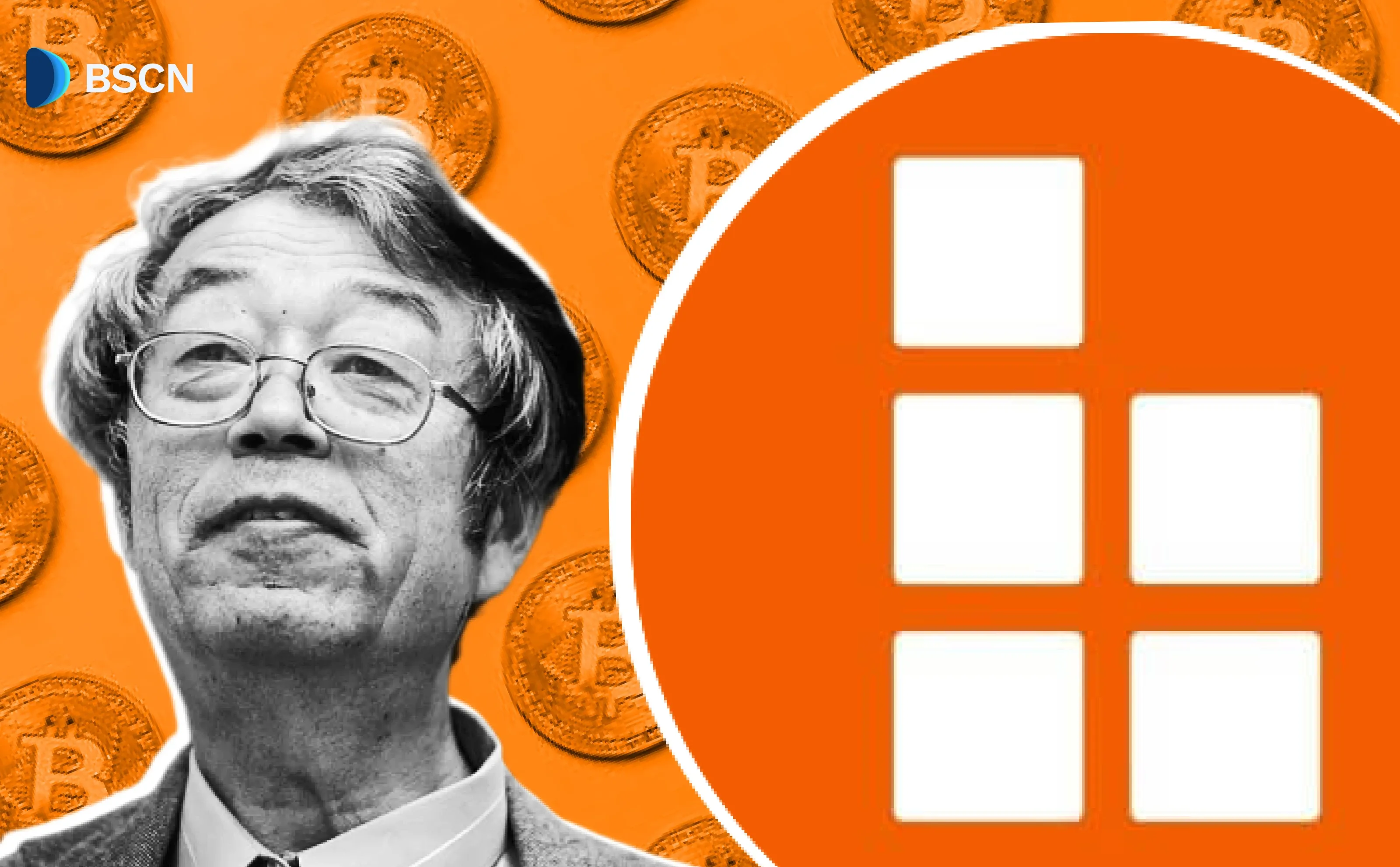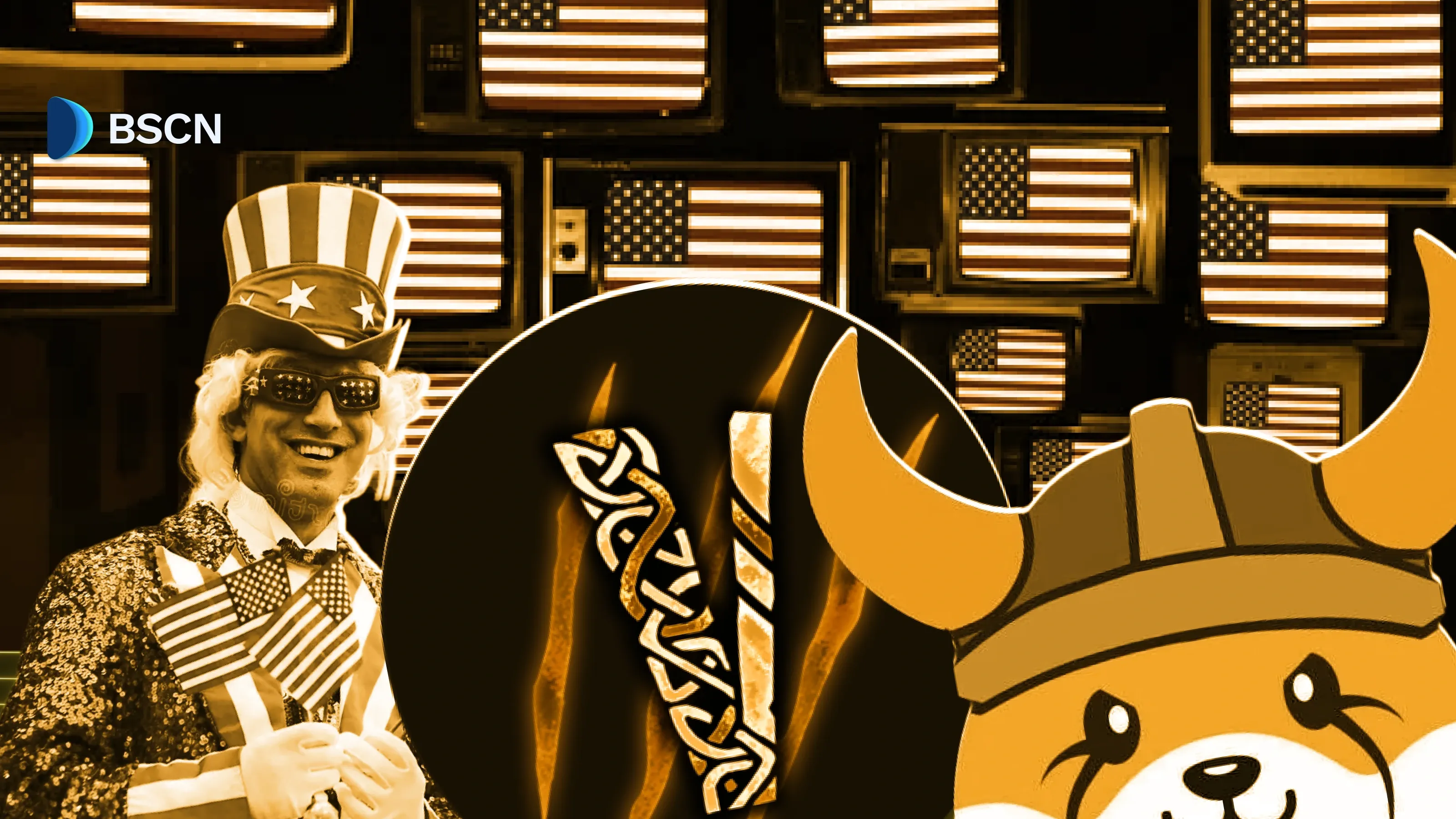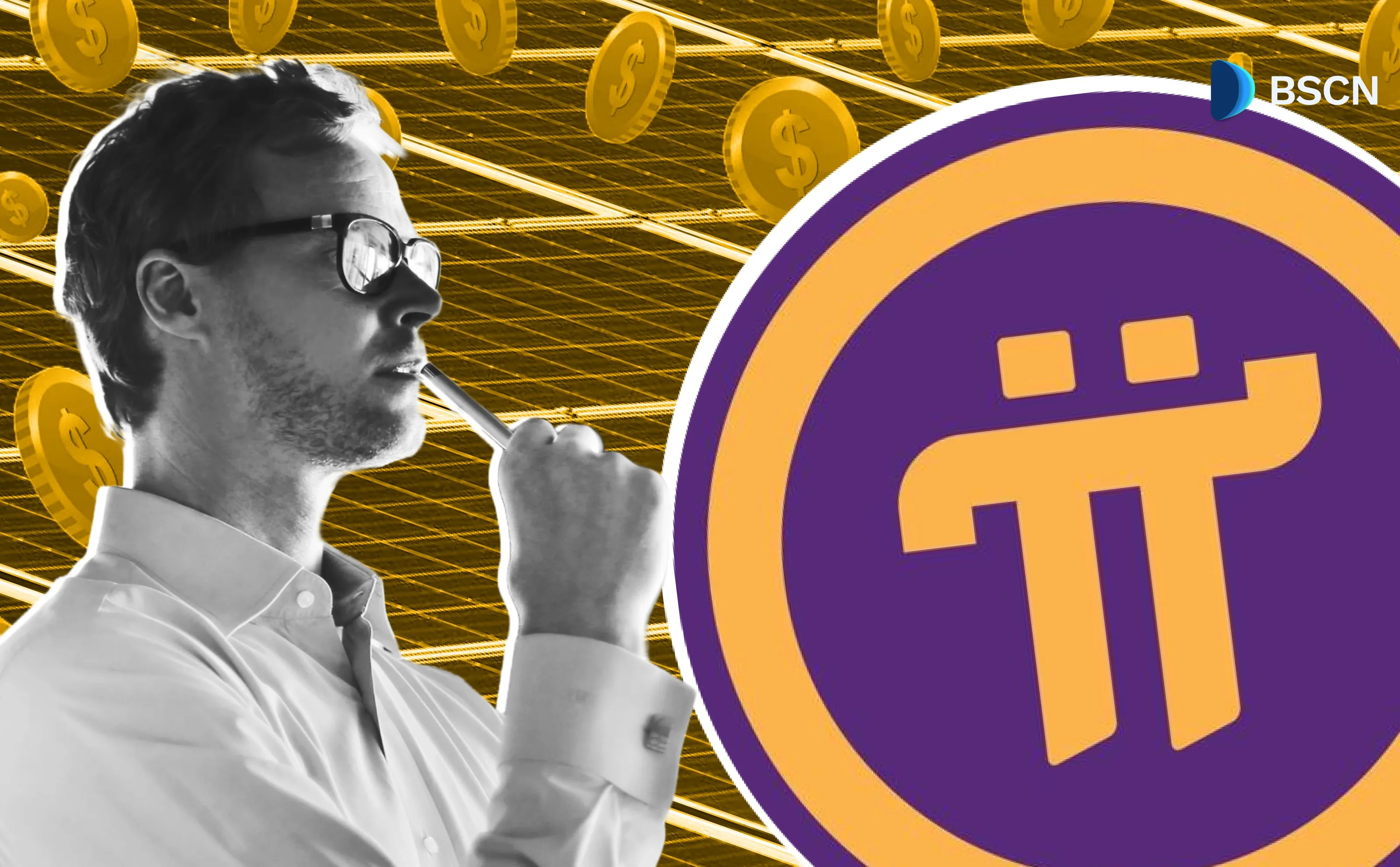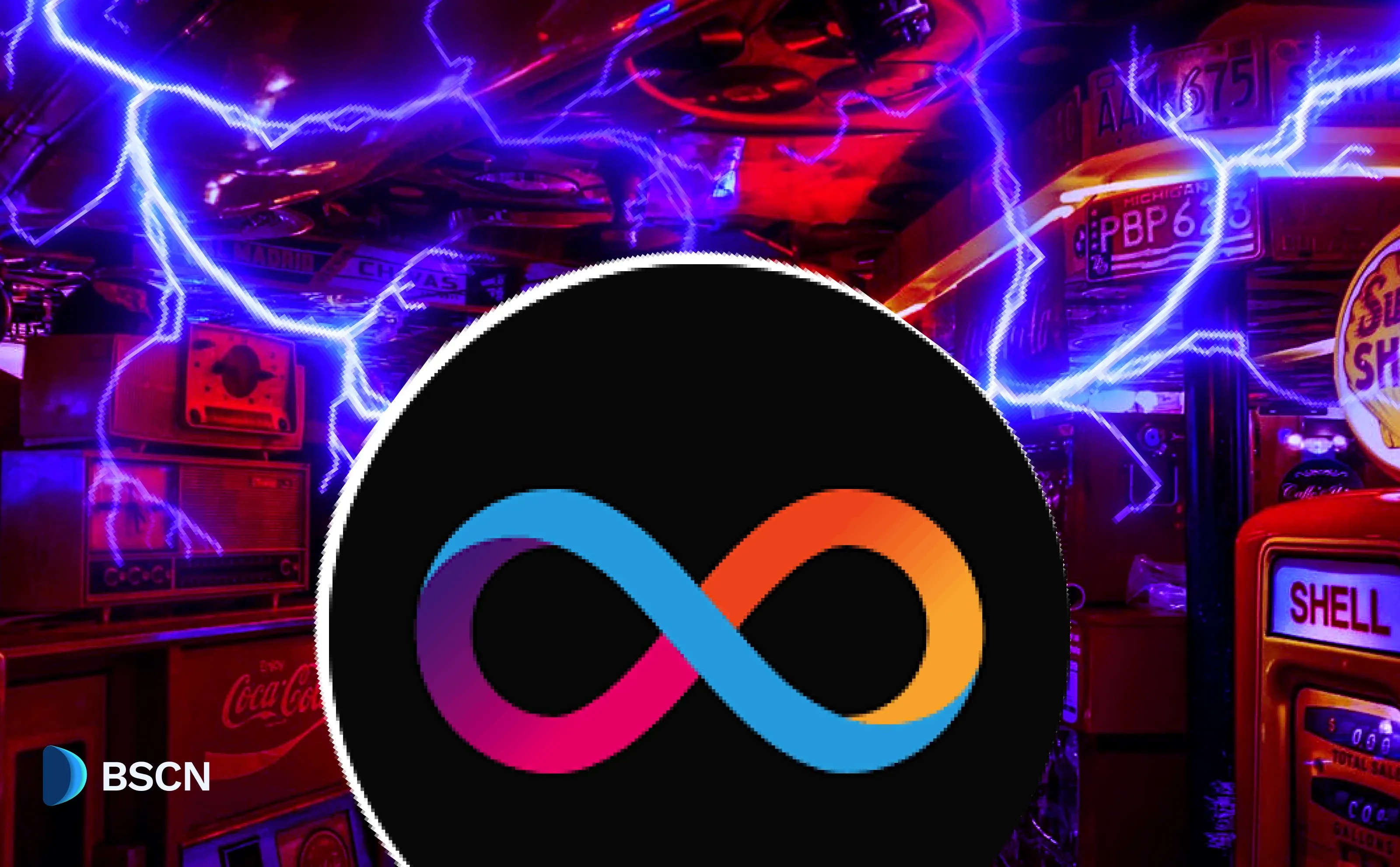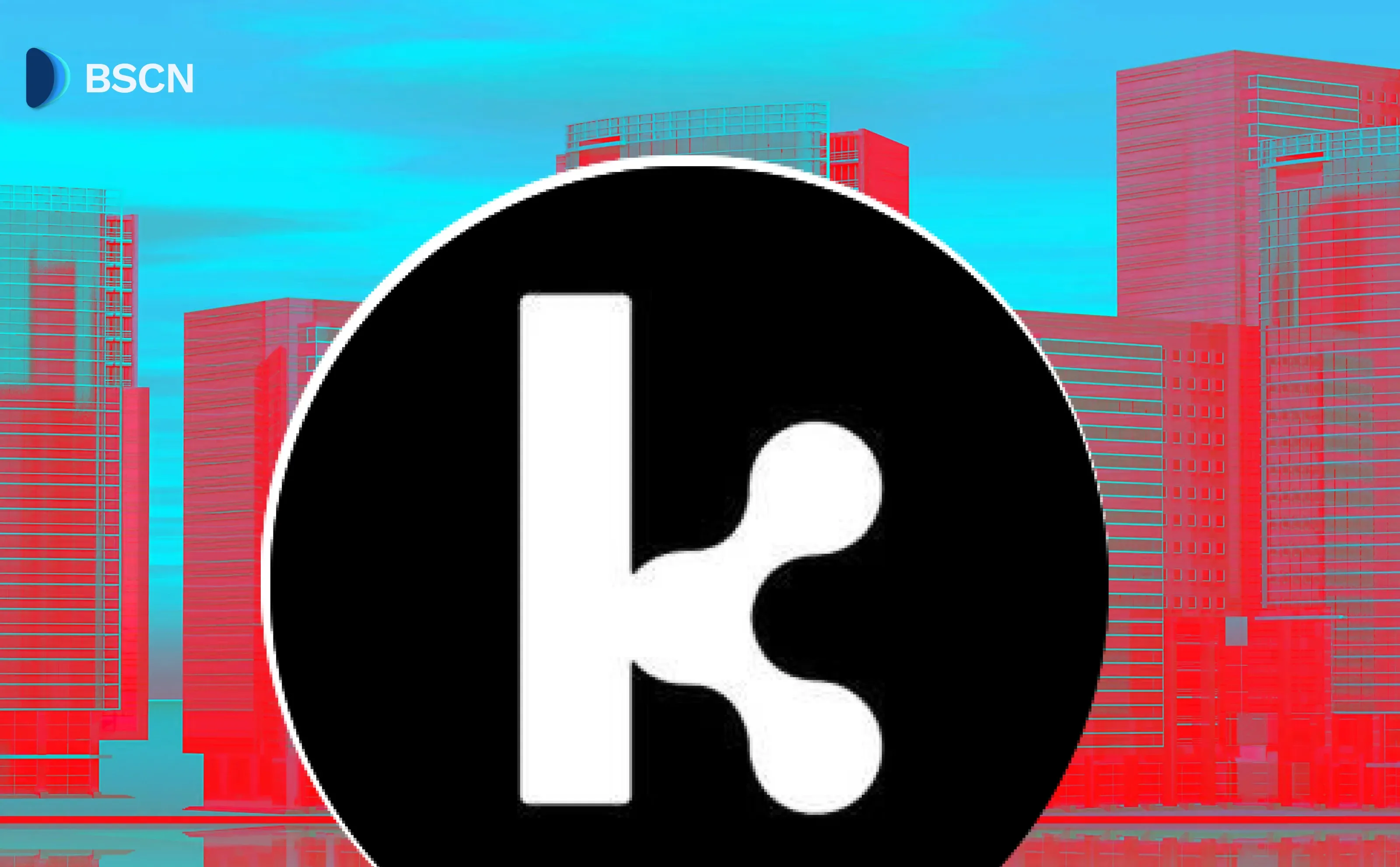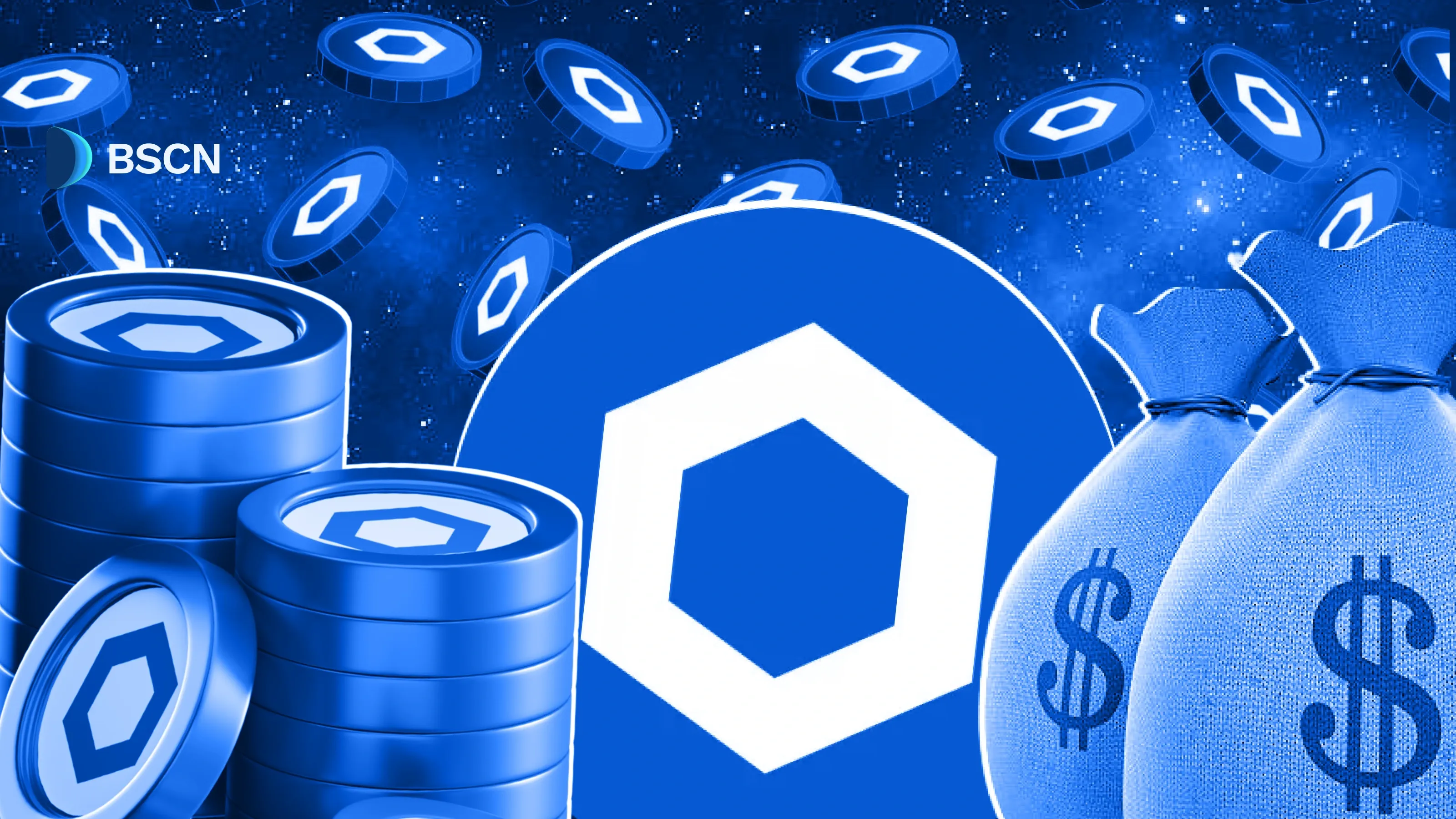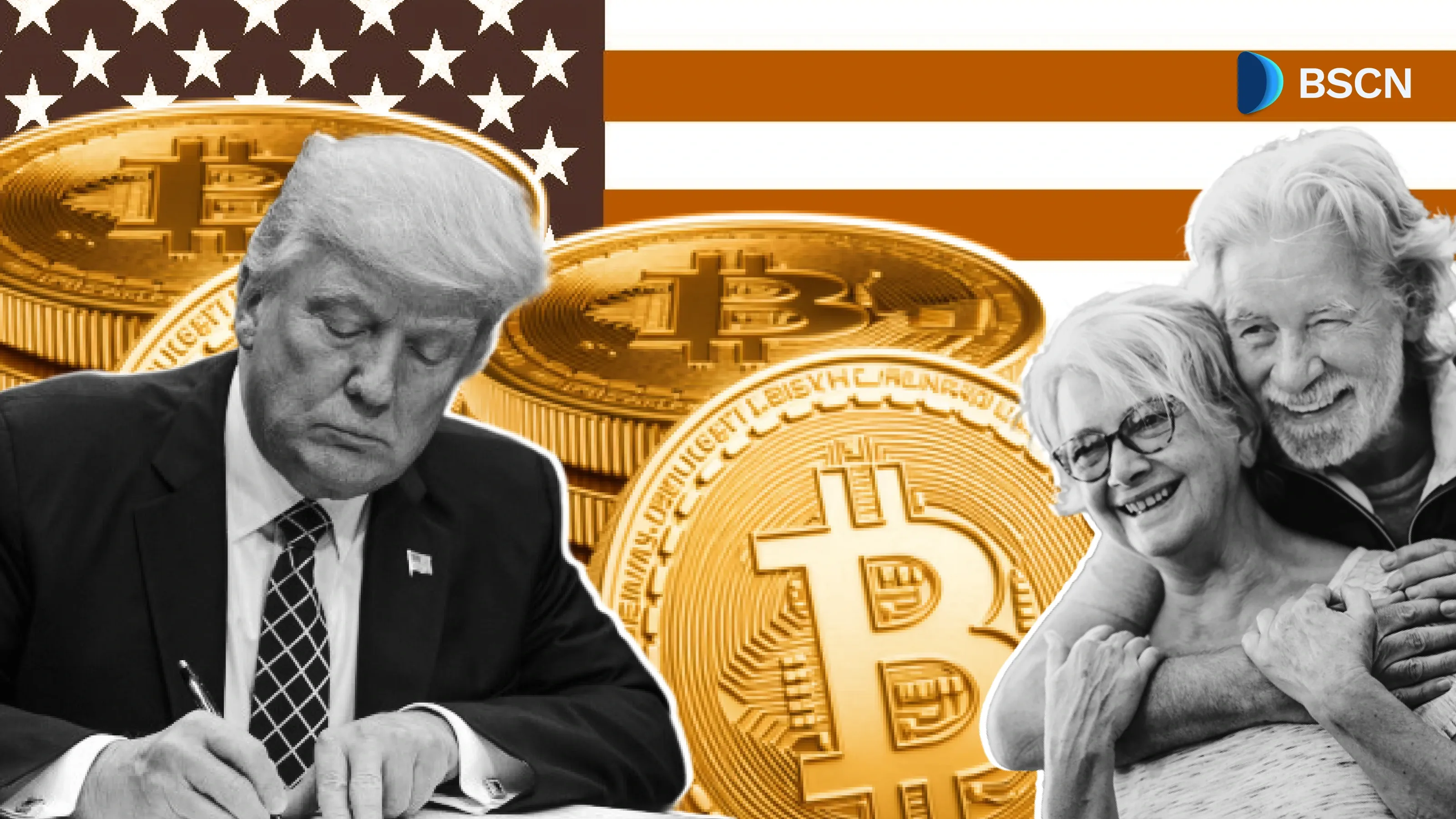WEB3
Why Mastercard's Partnership with Polygon, Solana & Others Can be a Game-Changer for Crypto Security

The Mastercard Crypto Credential aims to incorporate the best common standards into the crypto infrastructure to instill trust in consumers, businesses, and governments.
BSCN
April 29, 2023
Mastercard Collaborates with Public Blockchain Companies
Mastercard has collaborated with public blockchain companies like Polygon, Aptos Labs, Ava Labs, and Solana to develop a new set of standards called Crypto Credentials, according to an April 28 announcement.
The move is part of Mastercard's long-standing commitment to increasing consumer, business, and government trust in cryptocurrencies. As a result, Solana, Polygon, Aptos Labs, and Ava Labs will help make new crypto standards available and adoptable within their ecosystems.
With the Mastercard Crypto Credential, crypto wallets can securely send and receive crypto and related assets. Mastercard claims that the credential will rank crypto transactions by type rather than generally. As an example, the verification level of Non-Fungible Tokens (NFTs) differ from that of a fungible token such as Polygon or Solana.
Additionally, MasterCard claims its Crypto Credential will improve crypto transaction and metadata transparency by masking wallet addresses. In this way, Mastercard hopes to ensure that all transactions between users' wallets are traceable and compliant. Initially, the proposed service will facilitate the transfer of crypto assets between countries.
“With Mastercard Crypto Credential, we can help ensure that those interested in interacting across Web3 environments are meeting defined standards for the types of activities they’d like to pursue,” said Raj Dhamodharan, the head of the Crypto at Mastercard.
Mastercard's new program may open up many different use cases due to the fact that the verification demands of consumers and businesses differ greatly depending on the market and the standards required.
By establishing common standards throughout NFTs, partners can also enhance the verification of NFTs and establish trust.
Norms for NFT Verification
Dhamodharan pointed out the system would be integrated into MasterCard's NFT and Artist Accelerator programs. The service is anticipated to improve verification for non-fungible tokens (NFTs), ticketing, and enterprise solutions. Likewise, MasterCard is interested in working with blockchain firms to verify tickets and other payment solutions.
Mastercard explains that NFT projects require different verification requirements than cryptocurrencies such as Bitcoin, Ethereum, and Litecoin.
Worth noting that this is not the first time MasterCard has collaborated with crypto firms. In addition to Binance, Nexo, and Gemini, a host of cryptocurrency exchanges are among its older associates. For instance, MasterCard and Binance have teamed up to offer crypto-linked debit cards in Brazil and Argentina.
Further, Mastercard has partnered with notable crypto companies, including Bit2Me, Lirium, Mercado Bitcoin, and Uphold, to offer crypto wallets. Currently, the companies are working together to establish a proper connection between the United States, Latin America, and the Caribbean.
Latest News
Crypto Project & Token Reviews
Project & Token Reviews
Comprehensive reviews of crypto's most interesting projects and assets
Learn about the hottest projects & tokens
